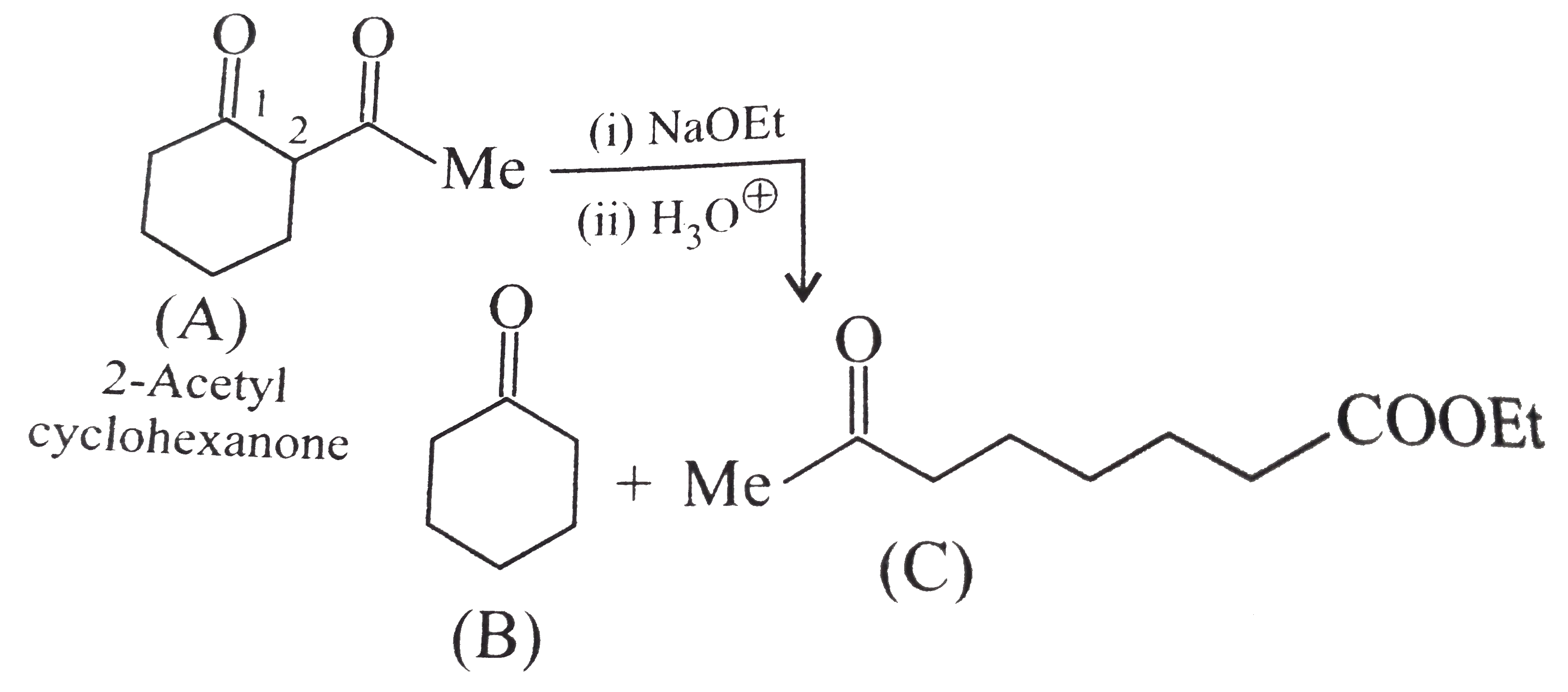Potassium (At. No. 19) and chlorine (At. No. 17) form a compound. Explain the formation of the compound on the basis of:
oxidation
Step by step video & image solution for Potassium (At. No. 19) and chlorine (At. No. 17) form a compound. Explain the formation of the compound on the basis of: oxidation by Chemistry experts to help you in doubts & scoring excellent marks in Class 9 exams.
Updated on:21/07/2023Topper's Solved these Questions
- ATOMIC STRUCTURE AND CHEMICAL BONDINGBook:ICSEChapter:ATOMIC STRUCTURE AND CHEMICAL BONDINGExercise:EXERCISE 4(C)
Explore 54 Videos
- ATMOSPHERIC POLLUTIONBook:ICSEChapter:ATMOSPHERIC POLLUTIONExercise:EXERCISE 8(D)
Explore 38 Videos
- CHEMICAL CHANGES AND REACTIONSBook:ICSEChapter:CHEMICAL CHANGES AND REACTIONSExercise:EXERCISE 2(C)
Explore 30 Videos
Similar Questions
Potassium (At. No. 19) and chlorine (At. No. 17) form a compound. Explain the formation of the compound on the basis of:
reduction
View SolutionPotassium (At. No. 19) and chlorine (At. No. 17) form a compound. Explain the formation of the compound on the basis of:
reducing agent.
View SolutionExplain the formation of the compound in the following reaction.
 .
.
View SolutionExplain the formation of H2 molecule on the basis of valance bond theory.
View SolutionExplain the formation of acid rain due to :
oxides of nitrogen
View SolutionExplain the formation of acid rain due to :
oxides of sulphur
View SolutionExplain intermediate compound formation theory of catalysis.
View SolutionThe compound rust is a hydrated oxide of
View SolutionCompare hydrogen with alkali metals on the basis of:
Oxide formation
View SolutionThe compound with the lowest oxidation state is:
View Solution
